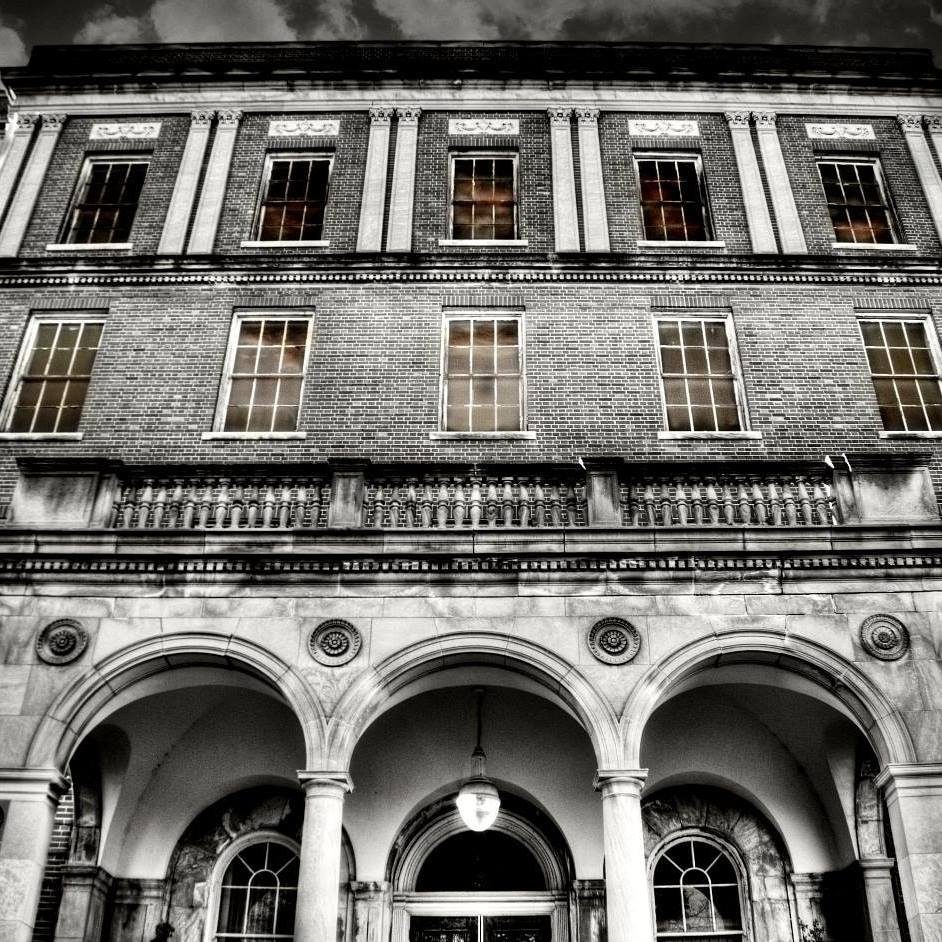Ceremony unveils historical marker at Eloise property
By Darrell Clem
STAFF WRITER
Hardly a week goes by that Westland historian Jo Johnson doesn’t receive inquiries by phone or e-mail about Eloise, a former poorhouse and asylum that became one of the country’s largest public health care facilities.
Eloise sprawled for 902 acres on both sides of Michigan Avenue between Merriman and Henry Ruff roads, and it housed 10,000 patients and employed 2,000 workers in the late 1920s.
Although Eloise closed in the early 1980s, partly due to mental health reforms, anyone who doubts the interest level in the complex need only perform a simple Google search online to find page after page of information – from the historically significant to creepy tales about supposed ghosts of those who died there.
Some fans believe that every day is Halloween on the Eloise property, so it seems fitting that a new state historic marker will be unveiled Tuesday – just 15 days before that scariest of days.
“It’s amazing,” Johnson said, referring to the level of interest in Eloise.
The public may attend a small ceremony at 5 p.m. Tuesday next to what is now the Kay Beard Building on the Eloise site, on the north side of Michigan Avenue between Merriman and Henry Ruff. The building was renamed years ago in honor of the longest-serving Wayne County Commission member.
Now reduced to just five buildings – and only two in use for county offices and a homeless shelter – Eloise once had 75 structures and its own farm, cannery, bakery, cemetery, employee housing, police and fire departments, and trolley and train stations.
Even so, few people wanted to end up there. Depending on the time in history, being sent to Eloise could mean being poor beyond any semblance of self-sufficiency or being declared insane.
Eloise doctors pioneered the use of X-rays for diagnostic purposes, and psychiatric patients underwent such treatment as electroshock.
The $3,000 needed for the state marker was largely raised by the sale of a book by author Patricia Ibbotson titled Eloise: Poorhouse, Farm, Asylum and Hospital 1839-1984. Ibbotson worked in nursing at Eloise.
Tuesday’s ceremony will culminate a long process for getting the state marker. Those who attend may go inside the building for cider and doughnuts after the unveiling. Johnson said the museum honoring Eloise will be open.
Originally published October 11, 2007 – (hometownlife.com)
